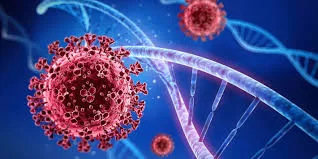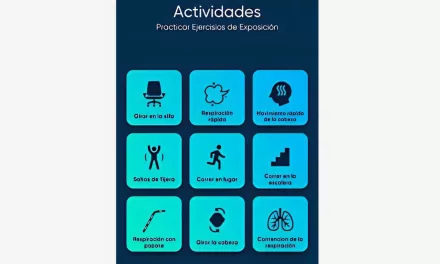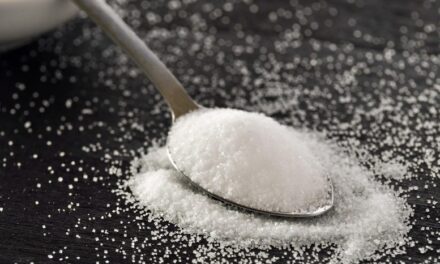As the festive season kicks into full swing, with workplace Christmas parties and gatherings among family and friends, many find themselves indulging in more alcohol than usual. While an extra drink or two may feel harmless, some people might notice unsettling symptoms—like a racing heart, irregular fluttering in the chest, or shortness of breath—leading to unexpected visits to the emergency department.
Doctors may diagnose this as alcohol-induced atrial arrhythmia, a condition more commonly known as “holiday heart.”
What Is Holiday Heart?
Holiday heart syndrome refers to abnormal heart rhythms (arrhythmias) that occur following excessive alcohol consumption, particularly in otherwise healthy individuals. First described in the 1970s, the condition tends to spike during weekends, public holidays, and festive celebrations, when binge drinking is more common.
However, holiday heart isn’t exclusive to the festive season. It can occur at any time of year in those who binge drink or consume heavy amounts of alcohol regularly.
Why Does It Happen?
Alcohol impacts the heart and nervous system in multiple ways. Binge drinking can cause dehydration, inflammation, and disrupt the heart’s electrical signaling system. These disruptions may result in symptoms like:
- A fast or irregular heartbeat
- Fluttering sensations in the chest or neck
- Dizziness
- Shortness of breath
- Fainting or near-fainting spells
In some cases, arrhythmias can occur without noticeable symptoms and are only detected through routine health investigations.
Diagnosis and Risks
If you experience symptoms such as heart palpitations, fainting, or chest discomfort, it’s crucial to seek medical attention promptly. Healthcare professionals will likely conduct tests such as:
- Electrocardiogram (ECG): This simple, non-invasive test monitors the heart’s electrical activity, helping identify irregular rhythms.
- Blood Tests: To assess electrolyte levels, kidney and liver function, as well as markers of inflammation and clotting.
While most people recover fully, especially if they stop drinking or seek early treatment, some may be diagnosed with atrial fibrillation—a more serious and persistent heart rhythm disorder. Atrial fibrillation increases the risk of blood clots, stroke, and heart attacks if left untreated.
Treatment may involve medications to restore normal heart rhythm, electrical cardioversion (applying an electric shock to the heart), or cardiac ablation—a procedure to correct faulty electrical signals.
How Can You Prevent Holiday Heart?
There’s no specific “safe” number of drinks guaranteed to avoid holiday heart, but reducing binge drinking is key. Here are some tips to keep your heart healthy this season:
- Follow alcohol guidelines: Australian health recommendations advise no more than 10 standard drinks per week and no more than four in a single day.
- Hydrate: Alternate alcoholic drinks with water to minimize dehydration.
- Manage stress: The holiday season can be demanding, so take steps to relax and unwind.
- Exercise regularly: Staying active supports overall heart health.
- Eat a heart-healthy diet: Focus on balanced meals rich in fruits, vegetables, lean proteins, and whole grains.
A Heart-Healthy Holiday
For most, the festive season is a time of joy and celebration. By being mindful of alcohol intake, staying hydrated, and managing stress, you can reduce your risk of holiday heart syndrome. A little moderation now ensures your heart stays happy and healthy into the new year.
If you experience symptoms, don’t ignore them—seek medical advice to keep your heart in check this holiday season.












